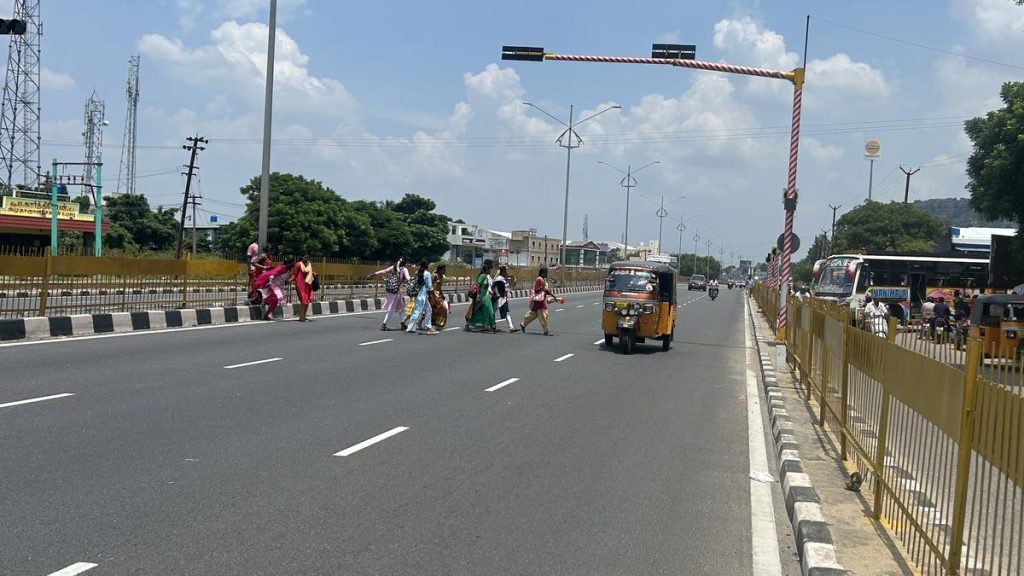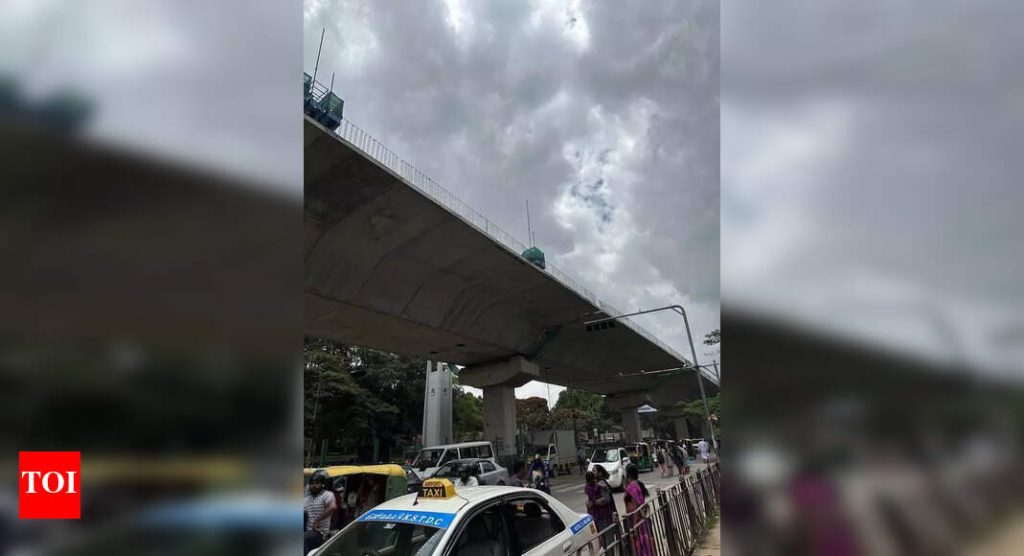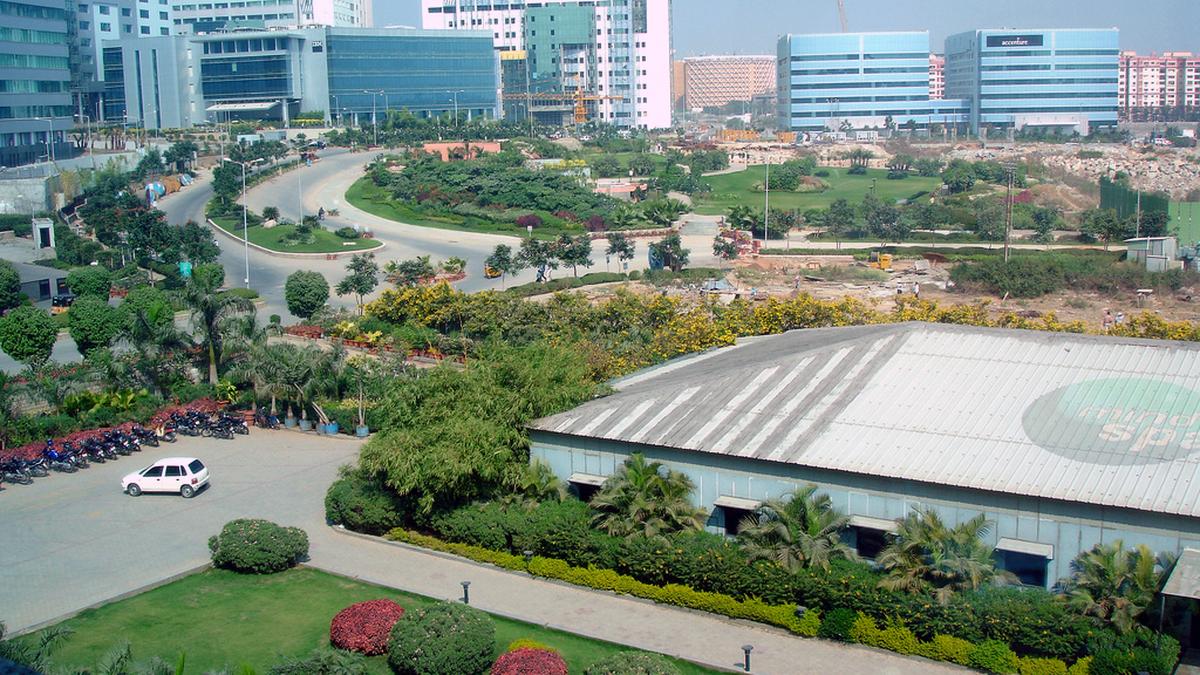A new global survey shows that 56.6% of Indian participants aged 50 and above know little to nothing about shingles, although more than 90% of adults above 50 years have this virus in their body, and are vulnerable to the disease.
Globally, only 44% of respondents had some familiarity with shingles. Released to mark Shingles Awareness Week (February 24 – March 2, 2025), the survey findings highlight limited awareness of age-related health risks, particularly among individuals with pre-existing health conditions.
Conducted by Ipsos, on behalf of GlaxoSmithKline Pharmaceuticals Ltd., a global healthcare company, the worldwide online survey involved 8,400 adults aged between 50 years and 60 years, including 500 respondents from India.
In India, 61% of survey participants reported living with chronic conditions such as diabetes, Chronic Obstructive Pulmonary Disease (COPD), asthma, cardiovascular disease or chronic kidney disease. However, only 49.8% express significant concern about developing shingles. On a global level, 54% of participants had chronic conditions, but only 13% expressed significant concern about shingles.
How is shingles caused?
Shingles is caused by the reactivation of the varicella-zoster virus (VZV), the same virus that causes chickenpox. Shingles is a painful disease that can have serious and long-lasting complications. By age 50, most adults will have the VZV dormant in their nervous system, and may reactivate with advancing age.
Ansar Ahmed, Karnataka’s Project Director, Integrated Disease Surveillance Programme (IDSP), said as people age, the strength of the immune response to infection decreases, increasing the risk of developing shingles.
“Shingles typically present as a rash, with painful blisters across the chest, abdomen or face. The pain is often described as aching, burning, stabbing or shock-like. Following the rash, a person can also experience post-herpetic neuralgia (PHN), a long-lasting nerve pain that can last weeks or months and can occasionally persist for several years. PHN is the most common complication of shingles, occurring in 5-30% of all shingles cases depending on the individual’s age,” he said.
“While there is no data available on shingles in the State, as many 463 cases of chickenpox have been reported in Karnataka from January till February 27 this year. Last year, the State had reported 1,607 chickenpox cases,” Dr. Ahmed said.
Shireen Furtado, Senior Consultant – Medical and Cosmetic Dermatology at Aster CMI Hospital in Bengaluru, said shingles rashes often flared up as blisters, very similar to chicken pox and could occur in a linear distribution on one side of the body. “While anyone who has had chickenpox can get shingles, it becomes more common as one age, especially after 50. Several factors can increase the risk of developing shingles, including a weakened immune system, which can be caused by chronic health conditions,” she said.
What you need to know about shingles
Shingles is a painful rash caused by the reactivation of the varicella-zoster virus (VZV), the same virus that causes chickenpox.
Anyone who has had chickenpox can develop shingles, although it is more common in adults over 50 years of age.
The main symptom is a rash that appears on one side of the body, often as a single stripe of blisters.
Shingles is not contagious, but the virus can be spread to someone who has never had chickenpox. This will cause chickenpox, not shingles.
A safe and effective vaccine is available to prevent shingles and its complications.
Antiviral medications can reduce the severity and duration of shingles, especially if started early.
Source: WHO
Gradual rise in shingles cases
Nidhin Mohan, Consultant – Internal Medicine at Narayana Health City in Bengaluru, said there has been a gradual increase in shingles cases, particularly among people aged over 50 years and those with conditions like diabetes or autoimmune disorders. “The city’s high-stress work culture, erratic sleep patterns, and rising cases of lifestyle-related immunosuppression are key factors contributing to this trend,” he said.
“Additionally, Bengaluru’s climate—with fluctuating temperatures and high humidity—can trigger viral reactivation in susceptible individuals. In the past year, we have also observed cases among younger adults, especially IT professionals and those with high-stress jobs, suggesting that chronic stress and inadequate rest may be accelerating shingles onset,” he added.
Although awareness is increasing, misconceptions still persist. Many patients mistake shingles for an allergic reaction or insect bite thereby delaying treatment. Timely antiviral therapy within 72 hours is crucial to reduce complications. “While the shingles vaccine is available, very few Bengalureans proactively ask for it. We strongly urge individuals over 50, or those with chronic illnesses, to discuss vaccination with their doctors to prevent severe outcomes,” said Dr. Nidhin.
Published – March 04, 2025 09:00 am IST

























